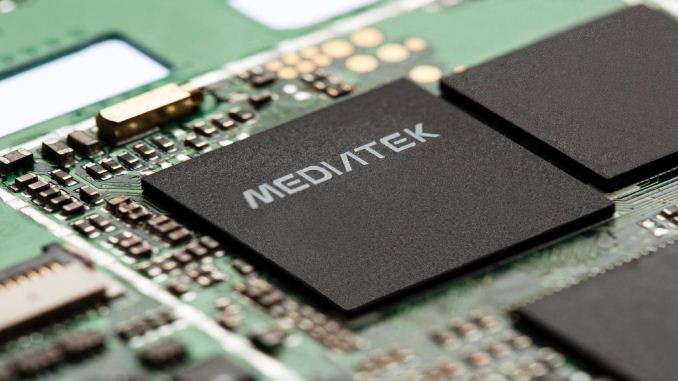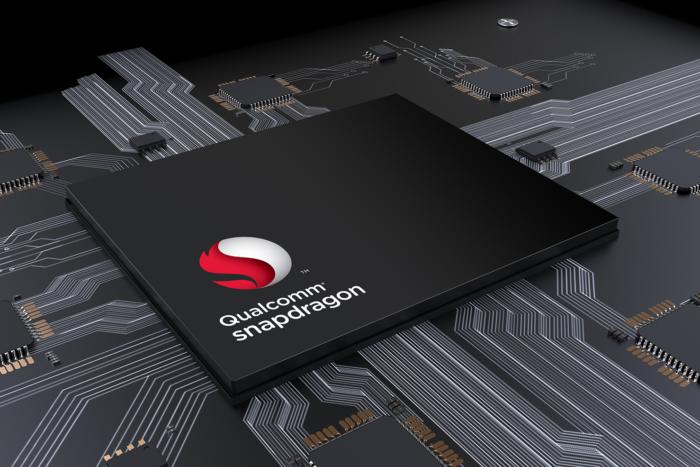Sponsored
A few days ago we discussed about Top 5 Android Smartphones trending now. These phones do share almost identical specs but in their own way. What matters is what you really need. Many of the manufacturers do advertise their mobile phones that they have got quad core, hexacore, octacore or even decacore processors. Some of the famous smartphone processor manufacturers are Qualcomm Snapdragon, MediaTek, Samsung Exynos, Huawei Kirin, etc. and all of them offer multicore processors. But do these number of processor cores really matter? How much raw power you need to meet your daily needs as far as mobile phones are concerned? Let’s see.
Android smartphones started their journey a long way back, i.e. almost 10 years ago. That was the time when single and dual core processors, 128 MB of RAM and 2 GB of internal memory were ruling the segment (It may seem funny when you think about that now. But it’s similar to how the personal computers began their journey small). And applications were developed only according to that specifications. The story has changed a lot when I am writing this blog post now (There may be a smartphone with 12 GB RAM and 12 cores being manufactured now!).
So are those Hulk processors necessary or are those just number games? What’s an ideal phone? There are none till date to be specific about. But we can choose what we need, right? So that’s it, let’s get to the point.
Sponsored
What we need?
Let’s start from the basics:
- Calling
- Messaging/Chatting
- Internet
- Camera
- Music
These are the basics. All Android mobile phones are capable of meeting all the needs listed above. So why there are countless number of companies offering unlimited number of mobile phone models?
People do search for good, better and the best. But the truth is, nothing is perfect.
Calling, messaging, multimedia and all don’t need that much powerful processors. So what’s the use with these high number of processor cores?
If you are a hardcore gamer, then you need these cores. And if you are a photography enthusiast, then also you need these cores. If you are a multitasking person, then you need these cores. But no one uses a mobile phone 24/7.
What number of processor cores actually suit you?
We can divide the main needs of people into three categories as follows:
- Daily tasks
- Mid-range tasks
- Hardcore tasks
Daily tasks just need a dual core processor (because smartphones nowadays don’t come with single-core processors!) and 1 GB of RAM Android mobile for their needs. That is just for calling, chatting, music and occasional mail checks.
Mid-ranger tasks need a quad core processor, and a decent 3 – 4 GB of RAM. They might be doing occasional gaming, taking photos, social networking, etc.
Now to the hardcore section. This is the part where it gets interesting. There are hexacores, octacores and even decacores these days. But these numbers are just tricky. For example, Snapdragon 820 processor was once the favorite of many flagship mobiles. It only had 4 processor cores, but were clocked at high speed (i.e. above 2GHz). It handled almost all Android applications on the Earth very well! Successors were born and it still continues its journey.
So the fact is that number of processor cores don’t matter sometimes. You just need a processor which is clocked at enough speed to handle the tasks which we throw at it. A dual core processor with high clock speeds will usually outperform a chip with low clock speeds and more number of processor cores. This is because most of the applications are programmed to run only on one processor core at a time, i.e. not optimized to utilize the advantages of multi-threading. So faster the individual core performance, the more better it is. For example, let’s take at two choices you have:
A – Quad core processor clocked at 2.5 GHz
B – Octa core processor clocked at 1.4 GHz for first 4 cores and 1GHz for last four cores
My suggestion for you will be to go for A if you are a hardcore user and go for B if you are a mid-ranger. Yes, you read that right, as I said before clock speed usually matters more than the number of processor cores.
Final words
There are two sides to a coin, right? There are graphic intense applications which are programmed to distribute their workload among different cores. Such apps need a higher number of processor cores.
One more thing. For better battery life, you should also consider the processor’s die size. We all might be familiar with processor’s die size, which says 28nm, 20nm, 16nm and so on, from various sites and online reviews. A processor with small die size will generate only less amount of heat and thus energy wastage will be minimal. So better performance with better battery life will be offered by processors with small die size.
I hope I was able to give a basic idea about the truth regarding the number of processor cores and clock speed. More detailed ideas will be given in the coming posts upon requests. Have a good day folks.
Sponsored






